S Marks The Spot
The SX4, with the S-Cross badging may not be entirely new, but this year sees refreshed styling, with a new vertical grille between its large re-worked automatic LED headlamps, which feature Daytime Running Lights. Its tail lamp styling has also been re-penned with neater lines.


Most car manufacturers have some form of Crossover vehicle offering within their range. Manufacturers like SEAT have brought us their chic Arona, while the Koreans with their Kona from Hyundai and KIA with their Stonic, the latter which truly features beautifully penned bodywork.
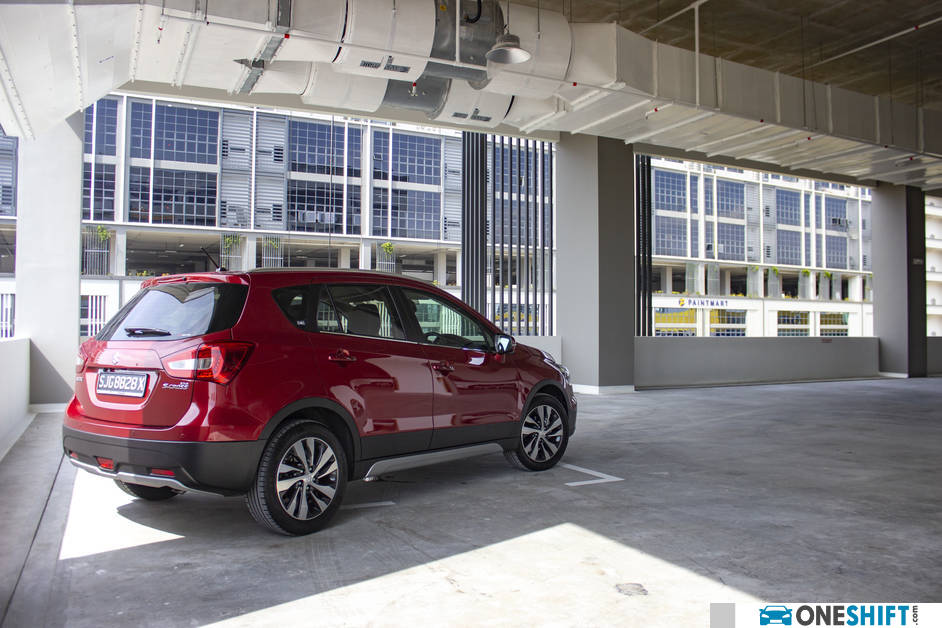
Japanese small car manufacturer Suzuki on the other hand, were already there earlier in the game back in 2007, when they fielded the first generation SX4, which was not only offered in hatch form, but also as a sedan; the latter proving to be popular in an era where the sedan was still king.
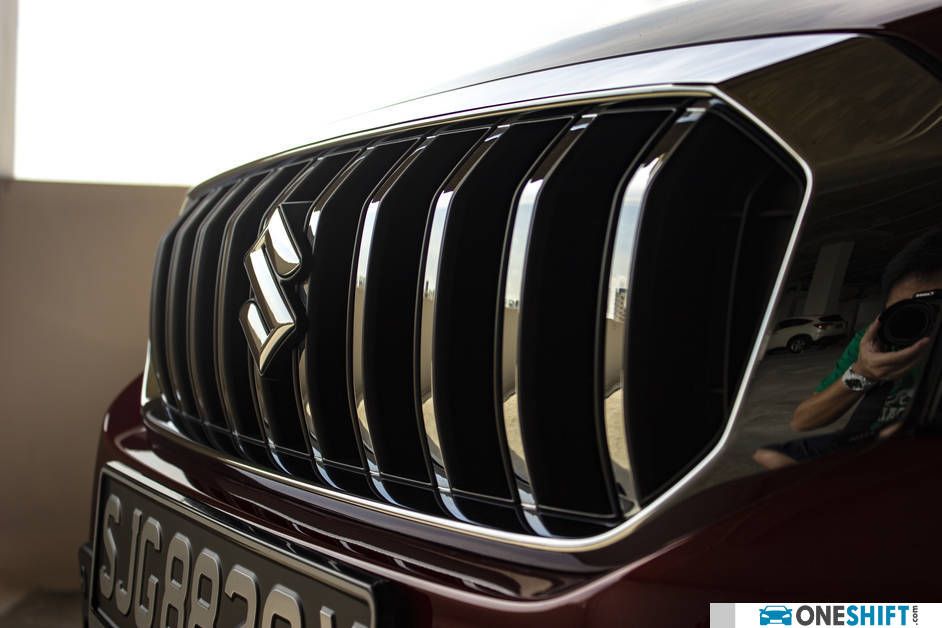
Fast-forward more than a decade later, and with a market now saturated with such vehicles, will the Japanese company, known for their specialisation in building small cars have enough tricks up its sleeve to win the hearts of the young discerning buyer?
The SX4, with the S-Cross badging may not be entirely new, but this year sees refreshed styling, with a new vertical grille between its large re-worked automatic LED headlamps, which feature Daytime Running Lights. Its tail lamp styling has also been re-penned with neater lines.
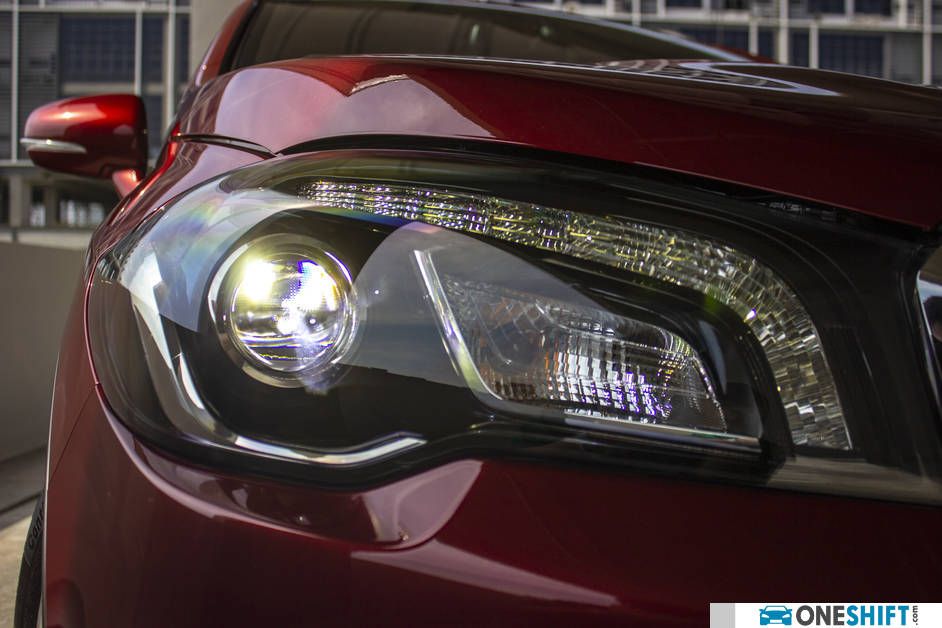
More importantly, Suzuki has also jumped onto the ‘Rightsizing’ bandwagon, and have now included their new 1.0 litre 3-cylinder Booster Jet engine (also seen in the Swift hatchback), which offers slightly less power but slightly more torque, albeit more vibration, and a shaky Start-Stop operation than its predecessor; a worthy tradeoff? We think so.
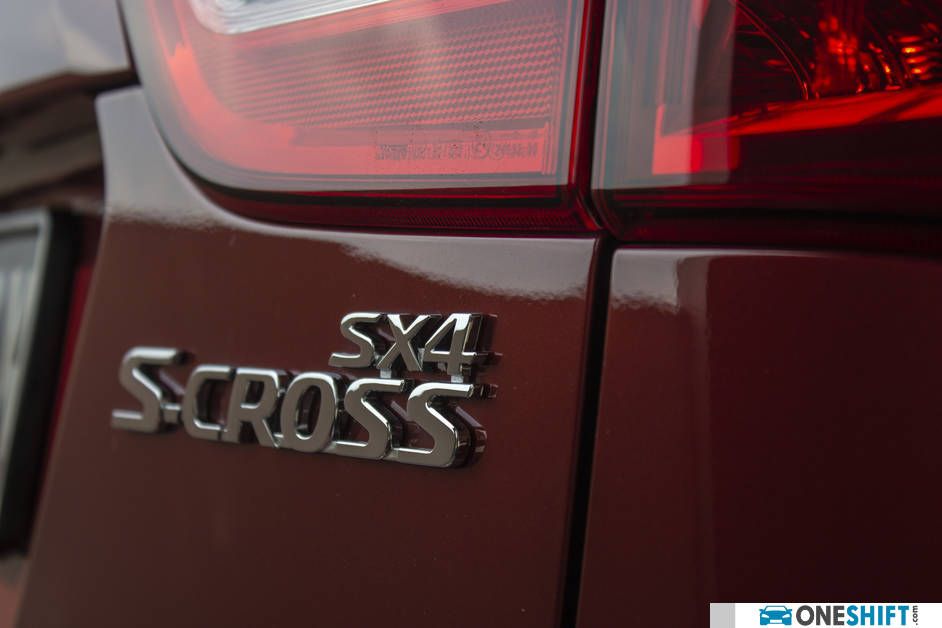
The Hungarian-built car also loses its four-wheel drive system, an omission we feel is actually a good thing. We will come to that later.
Simple, decent and without fuss, but one of my gripes with cars built by the brand is that fit and finish often seems bargain basement. The Suzuki unfortunately does have a little catching up to do, especially now that the Korean brands have eventually caught up with them.
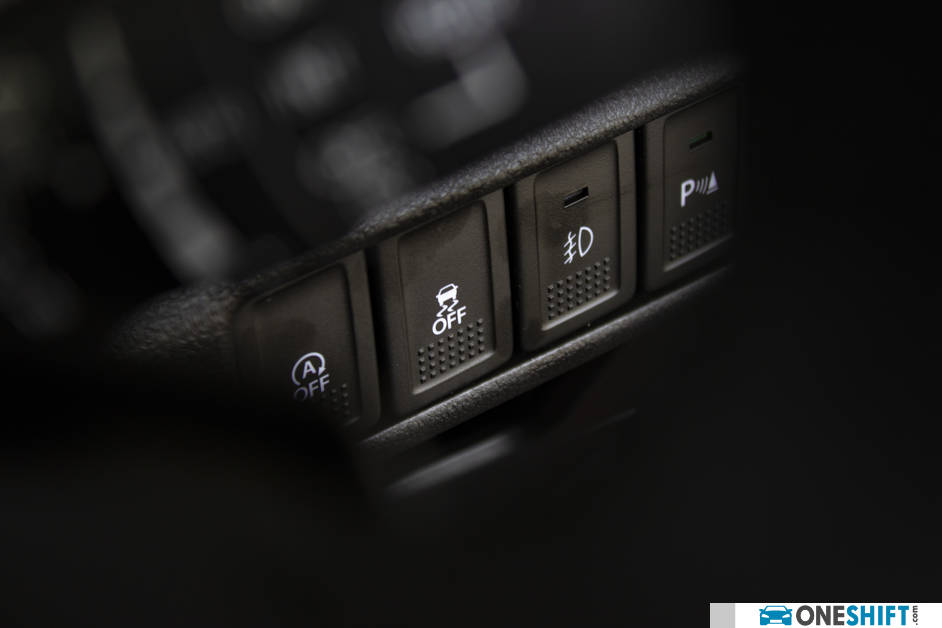
While the interior seems built to a price, it is rather practical, with large dials within the instrument binnacle. Controls are within easy reach, and you will not need a user’s guide to figure out the “what goes wheres”, and “the which is whats”.
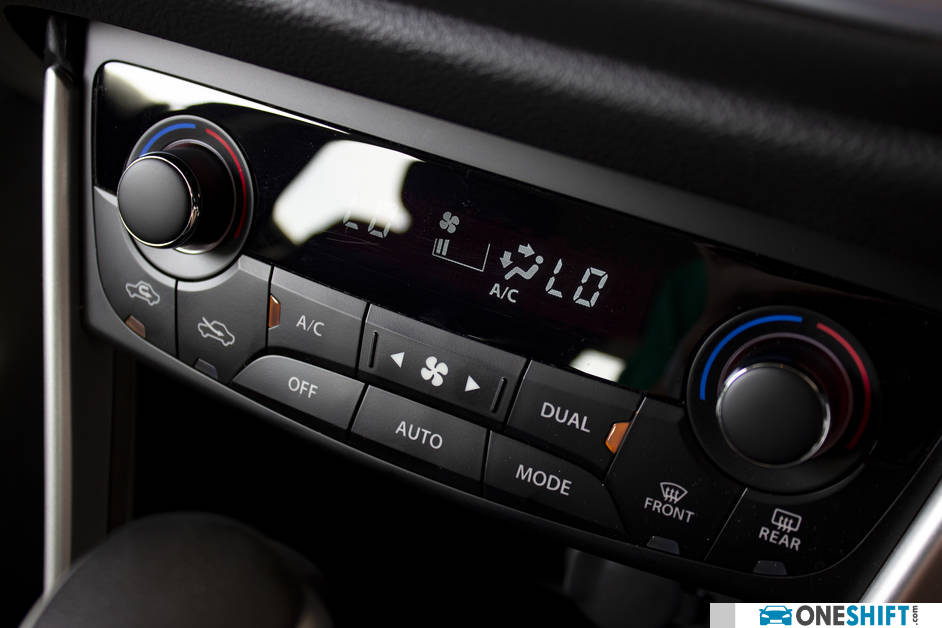
Unlike the Swift, the infotainment system in the S-Cross is locally fitted and while the car does feature a USB port, common with cars in this era; sadly it is left hanging loosely within the glove box.
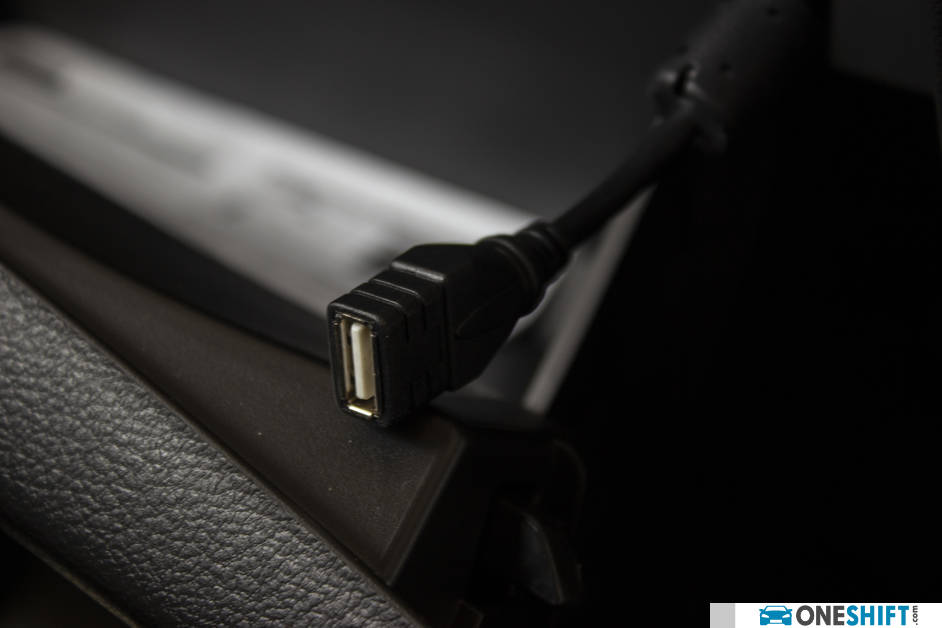
Plenty of glass contributes to a well-lit interior, and passenger accommodation within this compact is decent enough to house four adult passengers. Rear passenger seats also recline a little for that added comfort and slight additional cargo space flexibility.
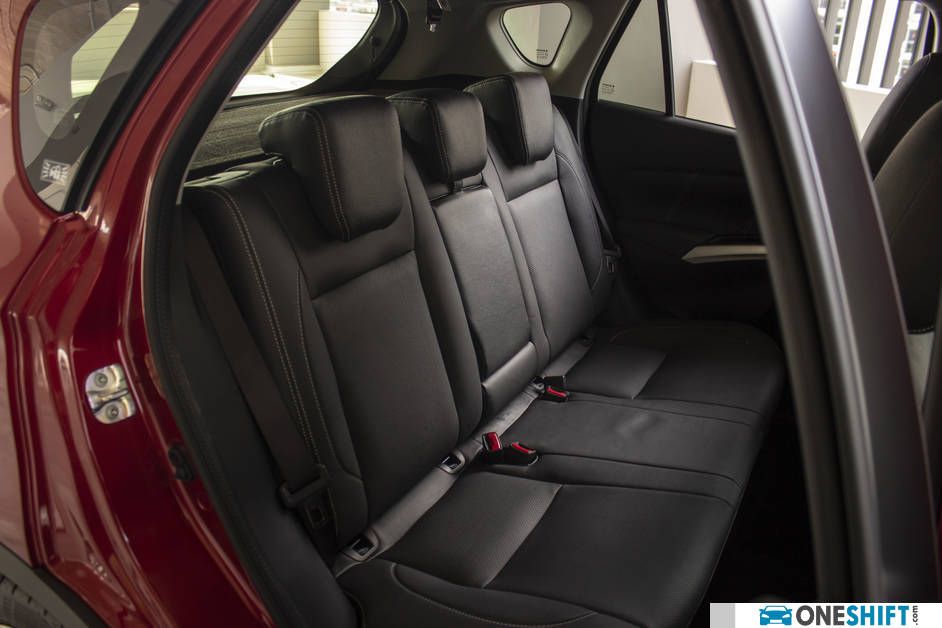
Cargo room which stands at 430 litres is very respectable, and a vast improvement over the first generation car, and includes a 12V DC charging slot. We also like that the versatile double-floored boot board sits almost flush with the door opening, making loading and unloading a breeze. Rear seats fold down in 60:40 style, and while they do not fold fully flat, there is no awkward kerb caused by the “dropped” rear seatbacks.
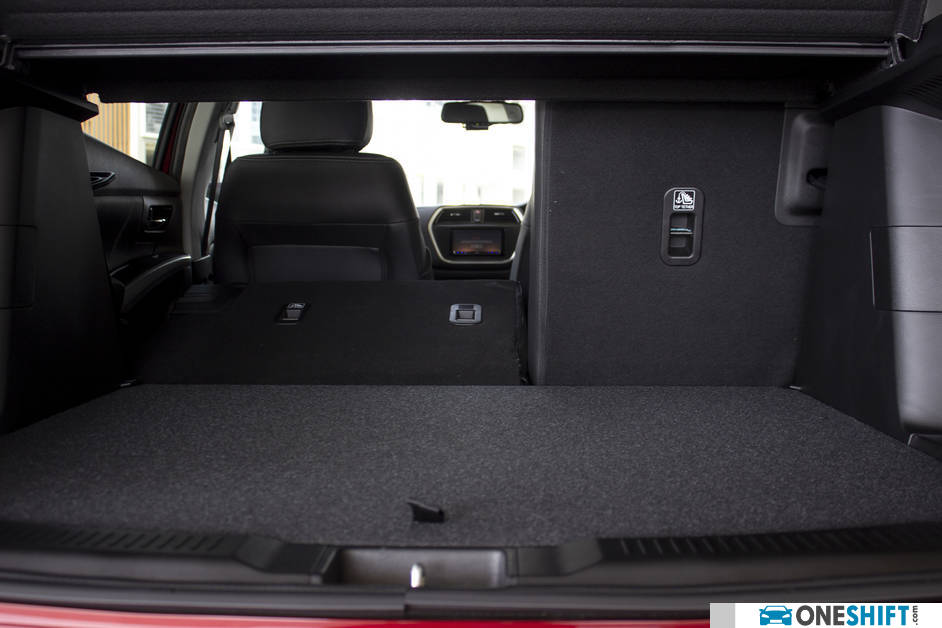
While there is less power versus the old 1.6 litre with CVT setup, the new combination of its 1.0 Boosterjet engine, good for 109bhp and 160Nm, available from between 1,800 to 4,000rpm, coupled to a 6-speed automatic, and only driving the front wheels, means that the car is quicker to 100km/h at 12.4 seconds, versus 13.5 seconds. Delivery is constant with light turbocharged engines, with a little lag in the beginning, and a consistent pull from the engine, punctuated by the changing of gears.
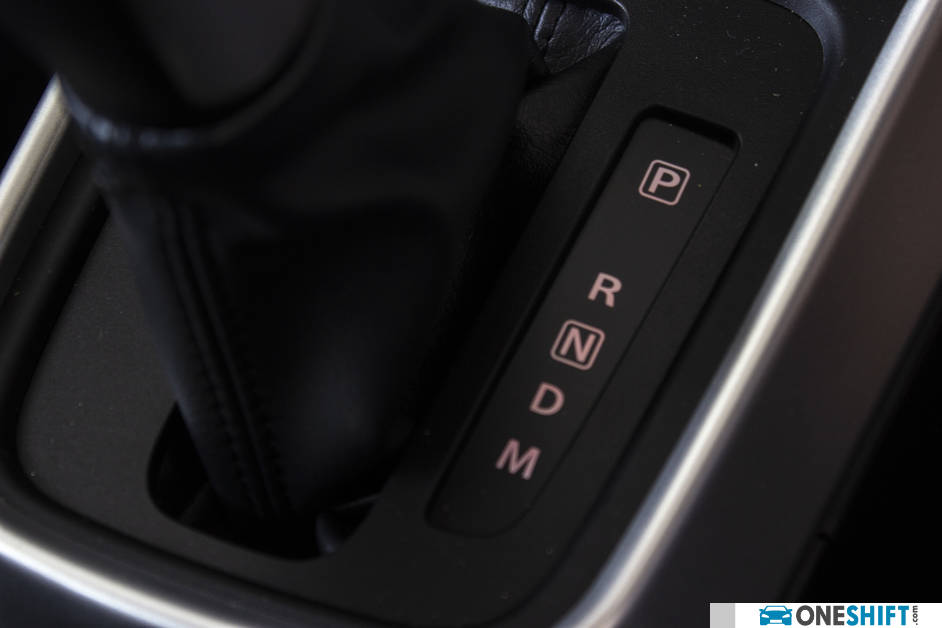
There is moderate rocking of the car at idle due to the 3-cylinder nature of the engine, but I would rather that then endure a shaky Start-Stop each time the car starts up at the lights. Overall ride comfort with Suzuki’s small crossover is decent, and road noise is minimal. Its 215/55R17 tyres provide decent grip for the daily drive, and the car returns a respectable 17.5 km/l combined cycle (16.1km/l on the 1.6).
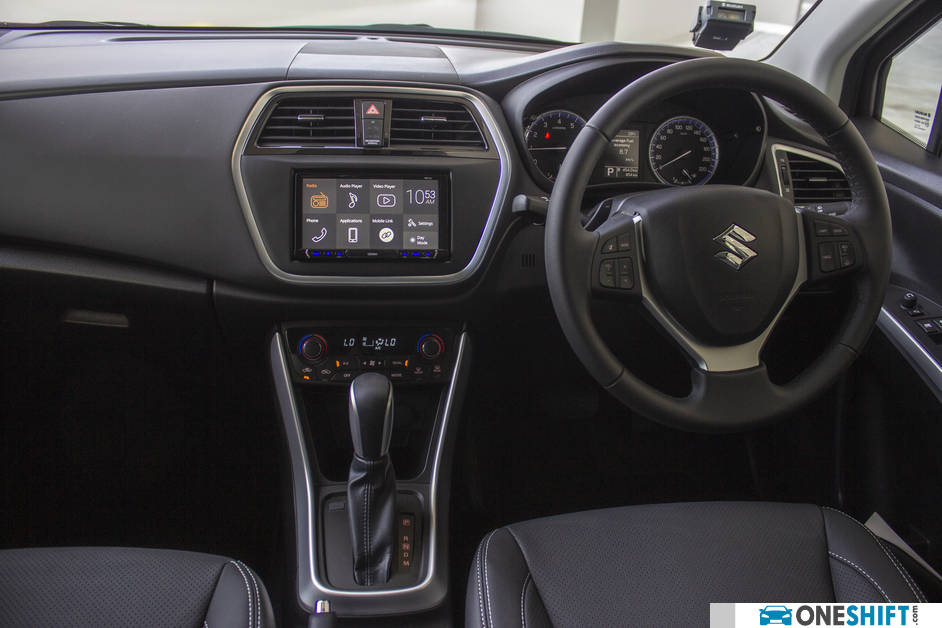
There are a pair of paddle shifters for those who would want a spirited drive, but with the car’s nature, you’d not use them a week into ownership.
Conveniences like cruise control are standard, and to help with the parking, the third-party reverse camera is a great help, although the guides are static ones.
Passive safety features like dual front, side, curtain and knee airbags complement features like the car’s active Electronic Stability Program (ESP). A front passenger airbag deactivation function is also available, just in-case you may want to install a child’s seat.
The game has changed ever since the first gen car made an appearance. The S-Cross is a capable car, checks most of the boxes of what we would like in an entry-level crossover, but in a market so saturated, we are certainly spoilt for choice.
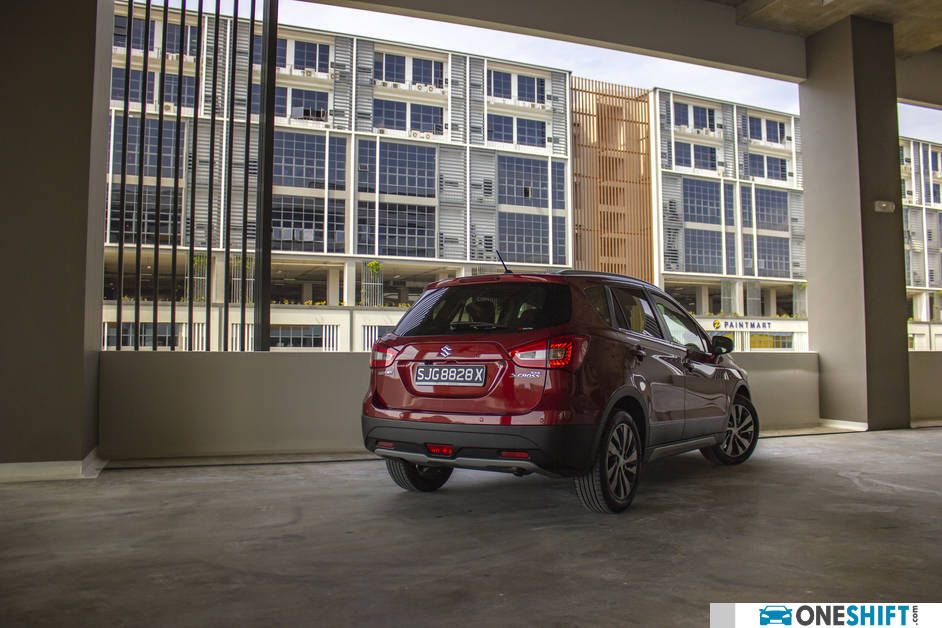
Credits:







- Convenient and Hassle-Free
- Consumer Protection
Transparent Process
With No Obligation


Get the Best Price for your used car
from 500+ dealers in 24 hours








